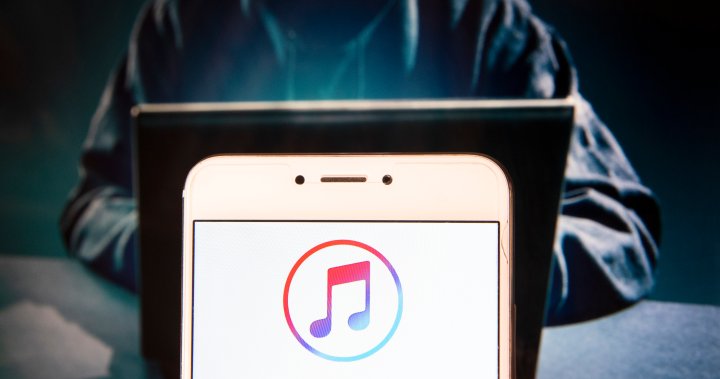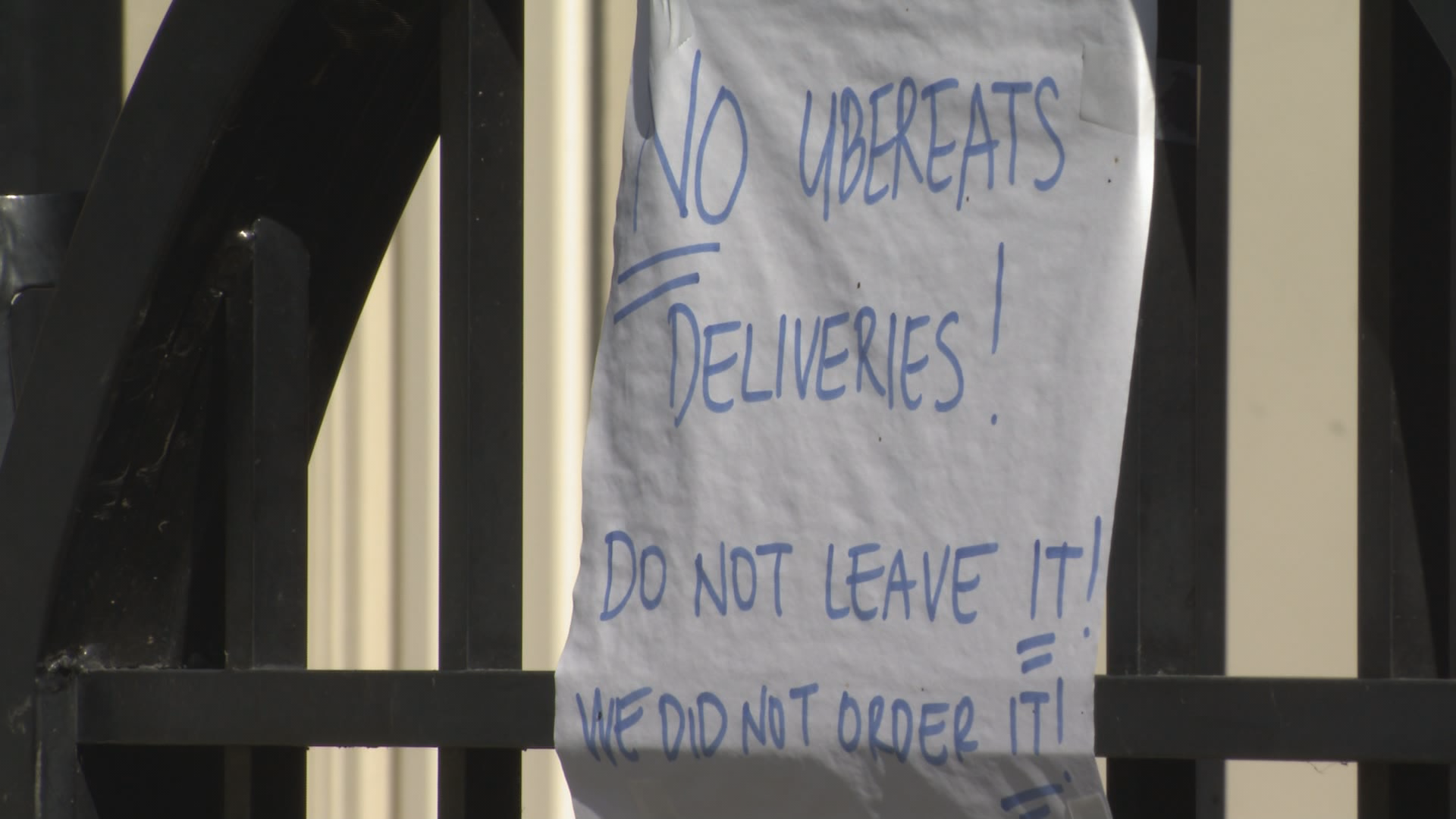
When Steve Jobs made the rounds of major record labels in 2000, he knew he had them over a barrel.
Music piracy, kicked into high gear by the original Napster the previous June, was a threat to the recorded music industry. The new frontier for music was online and the labels were completely ill-equipped to deal with the greatest shift in music distribution in a century. They had to get in on the business of selling music digitally, but how?
Oh, the labels tried to build their own download stores, but Pressplay (originally called Duet and owned by Universal and Sony) and Musicnet (all the other majors) were miserable failures. First, they were expensive. For $15 a month, fans could stream 500 songs each month, get 50 song downloads and the ability to burn each of those songs to CD 10 times.
Second, it was chaotic for the consumer. You needed to know what label a song or artist was on before. The terms of use were confusing and digital rights management (DRM) locks on the files made moving them around difficult and frustrating. It was much, much easier to just steal music.
Third, the labels couldn’t work together on a unified platform because that would have violated all kinds of anti-trust rules, a legal situation that also help scupper the labels’ proposed purchase of Napster.
Read more:
Tables have turned — Vinyl records outsell CDs for 1st time since 1987
The labels had all the digital products but no way to distribute and sell them. Apple’s iTunes offered a way out of this bind.
Jobs convinced the labels that allowing him to sell individual songs for 99 cents each was the way to go. And because the labels had no idea what they were doing — and because Apple was committed to spending millions on marketing (not to mention they had this new gadget called an iPod) — the labels all signed on with the iTunes Music Store.
His pitch worked, and boom — the music industry changed forever.
There had been other attempts at creating digital music stores. Cductive was founded in 1996 and sold MP3 downloads for 99 cents (it was acquired by eMusic in 1999). Sony debuted Bitmusic in Japan in 1999, offering mostly singles from Japanese artists (it failed). Factory Records launched Music33, which offered downloads for 33 pence each (ditto). There was even a Canadian digital music store called Puretracks that lasted for about a nanosecond.
Nothing beat iTunes, especially when the labels agreed to remove all DRM locks in 2007. (I still have songs on my computer in the old .mp4a format that are locked up and can’t be freely transferred from one place to another.) It soon became de rigueur for all releases to be available through iTunes.
And because the iTunes Music Store was so easy to use on all computers (offering a Windows version was a huge deal), it became the favourite destination for buying digital albums and tracks. At one point, iTunes was responsible for 70 per cent of all digital music sales. Almost every would-be challenger was crushed. Hey, anyone remember hmvdigital.com?
But the whole shift from selling pieces of plastic to digital tracks left a bad taste in the mouths of the labels. They’d completely ceded distribution of their product to an outsider who charged a 30 per cent commission on each file sold. They vowed never to let that happen again.
Read more:
Alan Cross remembers when instrumentals still ruled the charts
Fast forward to today. Streaming, not downloads, is king and the labels have firm control over how streamers may do business. They made more than US$10 billion from streaming in 2022. They also continuously receive petabytes and petabytes of data on how music fans consume music.
And because streaming is so cheap — or even free — music piracy is a fraction of what it used to be.
As a result, sales of digital tracks and albums continue to plummet. In Canada, the sales of digital albums are down 15.9 per cent from this time last year and digital track sales have fallen by 7.5 per cent. Meanwhile, streaming is up 13.9 per cent from a year ago as Canadians reliably stream somewhere around 2.3 billion songs a week.
I can make the situation sound even more dire. In 2012, we bought 1.3 billion digital tracks. Last year, we bought 152 million. That’s a crash of 88.6 per cent in a decade. These numbers obviously aren’t good. Paid downloads are quickly becoming the next cassette.
Sales were once front-and-centre on the iTunes home page. Now you have to hunt a bit for the iTunes Music Store when you open the app. If you go to Amazon, a search for MP3s takes you to a page that pushes streaming and physical product. Neither company breaks out how much digital music they sell in their financial reports.
So here’s the question: How long will Apple support iTunes? Heck, how much longer do all digital tracks/albums sales have? Let me issue a plea that this never happens.

I desperately need iTunes to continue because of my work. I need to gain full and legal access to songs to produce my radio show, The Ongoing History of New Music, so I buy up to a dozen songs a week. My Mac tells me I have 79,655 items taking up 564.65 gigabytes in my library. A non-insignificant number of those songs are iTunes downloads.
There are many uses for downloads. DJs need files they can mix as part of their sets. Older music fans brought up on a diet of purchasing CDs and vinyl also like iTunes because it offers permanent ownership instead of renting music from streamers. Insiders know that if downloads for an artist increase, it may show that the artist has crossed over to an older demo.
Artists can also see decent revenue from iTunes, especially after they’re in the news for something. Paid downloads spike up and they pay out far, far more than streams. Artists, labels and managers also monitor iTunes for songs that may pop on iTunes’ charts, a possible indication that something interesting is happening.
Read more:
How did the Canadian music industry do in 2022? The year-end stats are out
What are the options if iTunes goes away as Google Play Music did? Well, there are other digital music storefronts. There’s the aforementioned eMusic, which came online selling DRM-free MP3s in January 1998, three years before iTunes debuted. It has contracts with the major labels and dozens of indies. Unlike iTunes and Amazon Music, it’s a download-to-own site that requires the purchase of a monthly membership. Its library isn’t as deep as iTunes (15 million songs vs at least 60 million) but it can do the job for some people.
The most interesting digital music storefronts are those selling hi-res lossless files for people who demand the highest in audio quality. For example, 7 Digital will sell you all kinds of digital music, including plenty of 24-bit FLAC files. That’s fantastic — if you have the necessary hardware.
The same goes for Pro Studio Masters (I used it quite a bit for buying FLAC files). If that’s your jam, be sure to check out HDTracks and France’s Qobuz. which will debut in Canada later this year.
DJs and dance music fans have long known about Beatport. If you’re into the indie side of things, you’ve probably purchased a download or two from Bandcamp. And then there’s Bleep, which focuses on independent artists and labels.
Still, though, it’s hard to beat iTunes for selection and functionality. I really, really hope Apple doesn’t do something stupid like kill it. But with each week’s music industry sales numbers, you have to wonder how far things can drop before it’s time to move on.
If that day comes, it will be very, very sad.
—
Alan Cross is a broadcaster with Q107 and 102.1 the Edge and a commentator for Global News.
Subscribe to Alan’s Ongoing History of New Music Podcast now on Apple Podcast or Google Play
#Alan #Cross #longer #buy #digital #downloads #songs #National
















